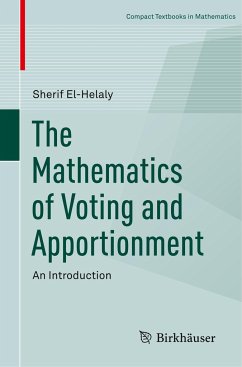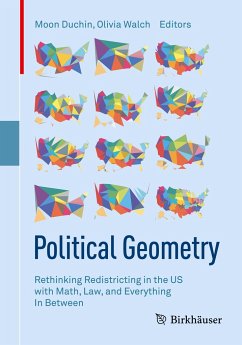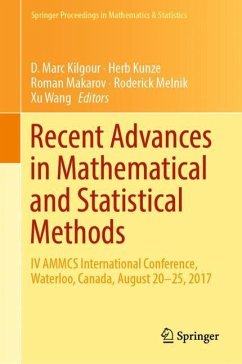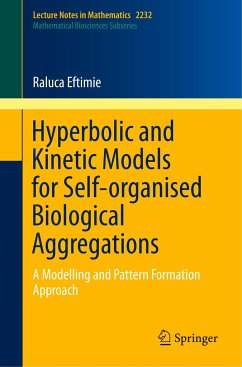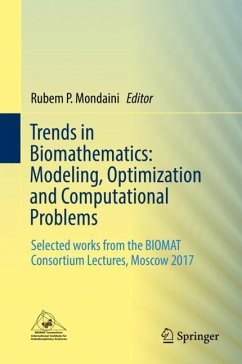
Mathematics, Education, and Other Endangered Species
From Intuition to Inhibition

PAYBACK Punkte
33 °P sammeln!
This book examines the critical roles and effects of mathematics education. The exposition draws from the author's forty-year mathematics career, integrating his research in the psychology of mathematical thinking into an overview of the true definition of math. The intention for the reader is to undergo a "corrective" experience, obtaining a clear message on how mathematical thinking tools can help all people cope with everyday life. For those who have struggled with math in the past, the book also aims to clarify that math learning difficulties are likely a result of improper pedagogy as opp...
This book examines the critical roles and effects of mathematics education. The exposition draws from the author's forty-year mathematics career, integrating his research in the psychology of mathematical thinking into an overview of the true definition of math. The intention for the reader is to undergo a "corrective" experience, obtaining a clear message on how mathematical thinking tools can help all people cope with everyday life. For those who have struggled with math in the past, the book also aims to clarify that math learning difficulties are likely a result of improper pedagogy as opposed to any lack of intelligence on the part of the student. This personal treatise will be of interest to a variety of readers, from mathematics teachers and those who train them to those with an interest in education but who may lack a solid math background.






